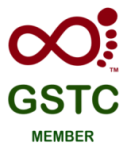Interview with Sebastien Archambeaud, Founder of Handiscover
- Team
- Feb, 17, 2021
- Interviews
- No Comments

„Improving accessibility will be really important for the whole industry“
… are Sebastien Archambeaud’s words when it comes to the matter of tourism recovery after the Covid19 crisis. Sebastien is the founder of Handiscover, the leading travel booking platform for people with disabilities. He founded Handiscover after realising how challenging it is for people with a disability to find accommodation tailored to their needs.
Since we agree with Sebastien that accessible tourism does not get the attention it deserves, we were eager to do an interview on this important topic.
Things we wanted to talk about with Sebastien:
- Information about the booking platform Handiscover
- Obstacles for travellers with a disability
- Does the industry see the potential of accessible tourism?
- Accessible tourism as powerful tool for Covid19-recovery
- How to prepare for better accessibility?
- Is there a lack of attention in the turism industry?
- Low hanging fruits for improvement
- Sebastiens hopes and wishes for the future
When looking on your website, one gets impressed about your engagement and the possibilities you offer to tourists. Could you please present your business to our readers?
Handiscover is the leading accommodation booking website for people with disabilities and their family, friends or assistants they travel with. There, we both inspire to travel through our blog, travel guides and social media posts. We also help to book accommodations adapted to ones needs, by offering thousands of accommodations worldwide that we have classified for their accessibility, using our unique questionnaire and classification standard for disabilities.
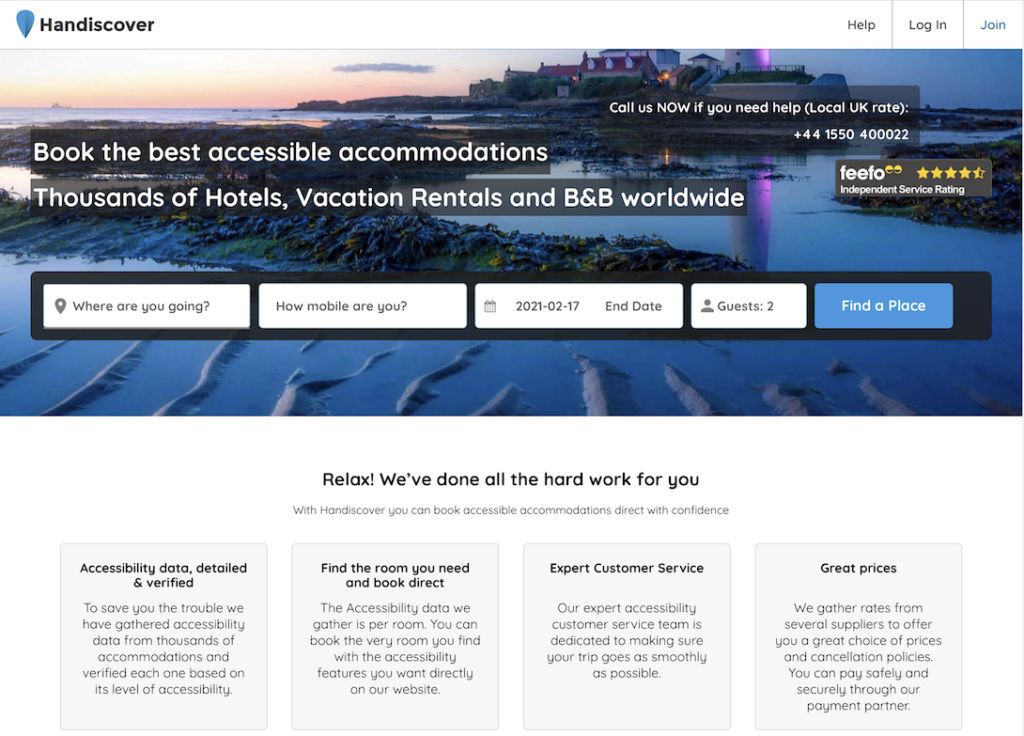
What are the biggest obstacles that people with limited mobility face when travelling and exploring new destinations?
The biggest challenge is the lack of reliable accessibility data, i.e. not knowing what you will have to face. Many times even if a location is not perfect, as long as you know it, you can plan or prepare for it. But lack of data or wrong data is what really destroys consumer journeys.
According to the WHO there are 1 billion people with some form of disability. This is a huge group with big potential when it comes to travelling. Do you think that the tourism industry is aware of this and acting accordingly?
Yes, I think the industry starts to understand this, but they lack the tool and knowledge to address this. This is what we are trying to solve with our Handiscover Accessibility Management Program, which is our second „product“ besides our marketplace.
“What frustrates us most is that businesses do not see people with disabilities as customers.“
The UNWTO says that accessible tourism is a game changer and gives destinations the possibility to recover better from Covid19. Do you agree and why could accessible tourism in your eyes be a game changer?
When Travel bounces back, the industry will have to try to maximize revenues after over 1-1,5 years of hurdles, and continuing to ignore 20% of the population is not something they will be able to afford. So improving accessibility will be really important for the whole industry.
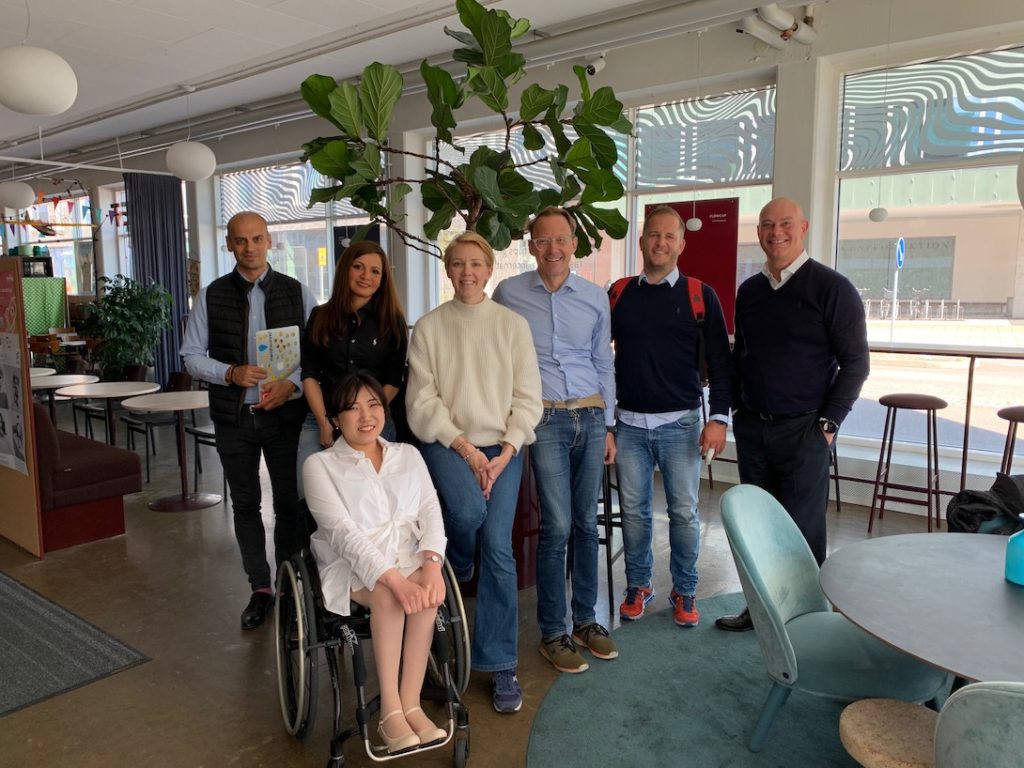
What is your advise to destinations and the travel industry? How could the better prepare for visitors with limited mobility?
There are 3 main components to address accessibility:
First: Know what you have and where you stand when it comes to accessibility to not promise more than you can deliver.
Second: Educate your staff to understand how to treat people with special needs.
Third: Improve your accessibility, step by step.
When talking about sustainable tourism, accessibility often does not get the attention it deserves although it is a strong social aspect. Does that frustrate you?
Seeing that accessibility is not seen as part of sustainability is indeed frustrating, but at the same time the CSR aspect of accessibility is not so much what drives us as a company. What frustrates us most is that businesses do not see people with disabilities as customers. No business would normally ignore 20% of its potential customers.
What we promote at Handiscover is seeing our community as customers, with the means and motivation of traveling, just needing maybe a bit more info and sometimes equipment than others. Hence, for a business, the motivation for addressing people with disabilities should be business (sell more) and not just CSR (do good).
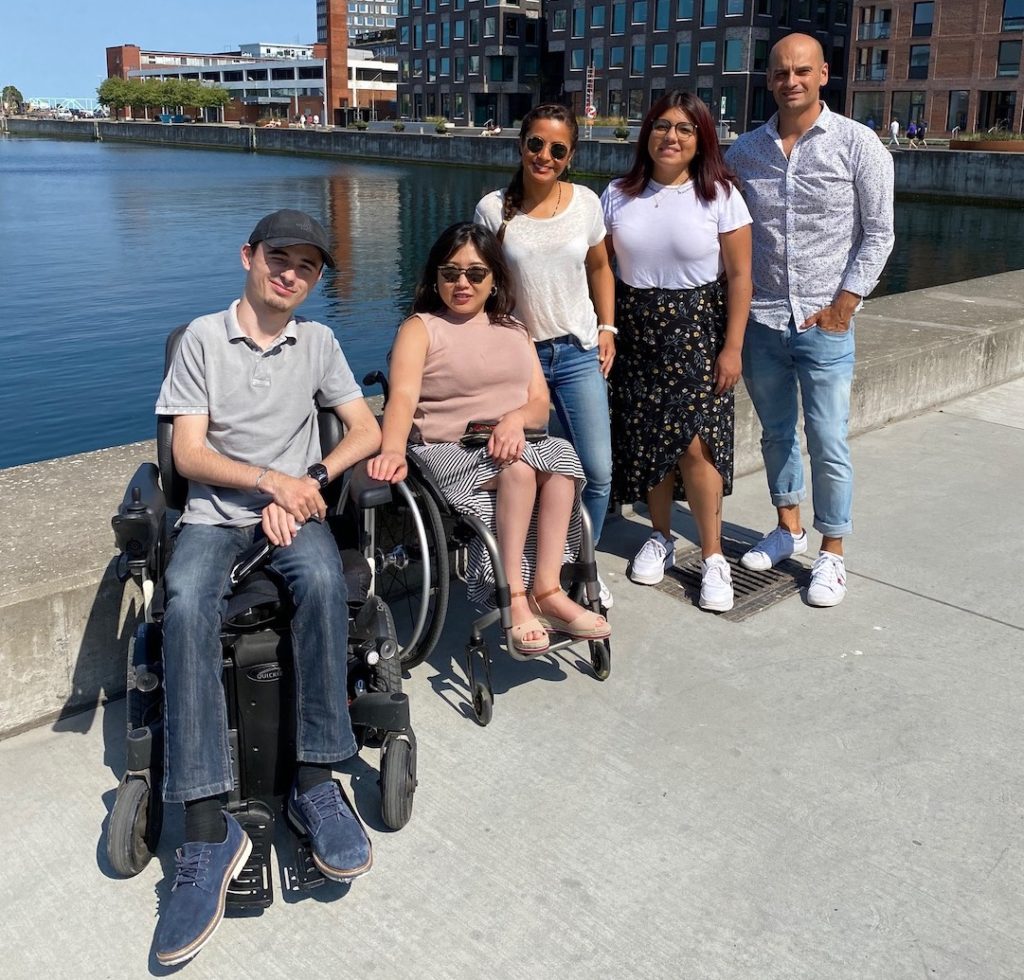
Are there any low hanging fruits, tips that you could give to destinations, tour operators, hotels, etc., that can easily be done and make life much easier for people with limited mobility?
For sure. For a destination, information is key, ie writing about places accessible for different disabilities because visitors want to discover an area as any other visitor. At the same time, being sure about what you promise is key.
For venues, hotels, restaurants, museums etc there are often lots of cheap improvements that can be done, like buying a removable ramp, or a seat with handlebars that can help you turn an old site with stairs and a regular toilet into an adapted one. Knowing your accessibility, getting help to improve it, and talk about it in your marketing is exactly what we help destinations and businesses as part of our Handiscover Accessibility Management Program.
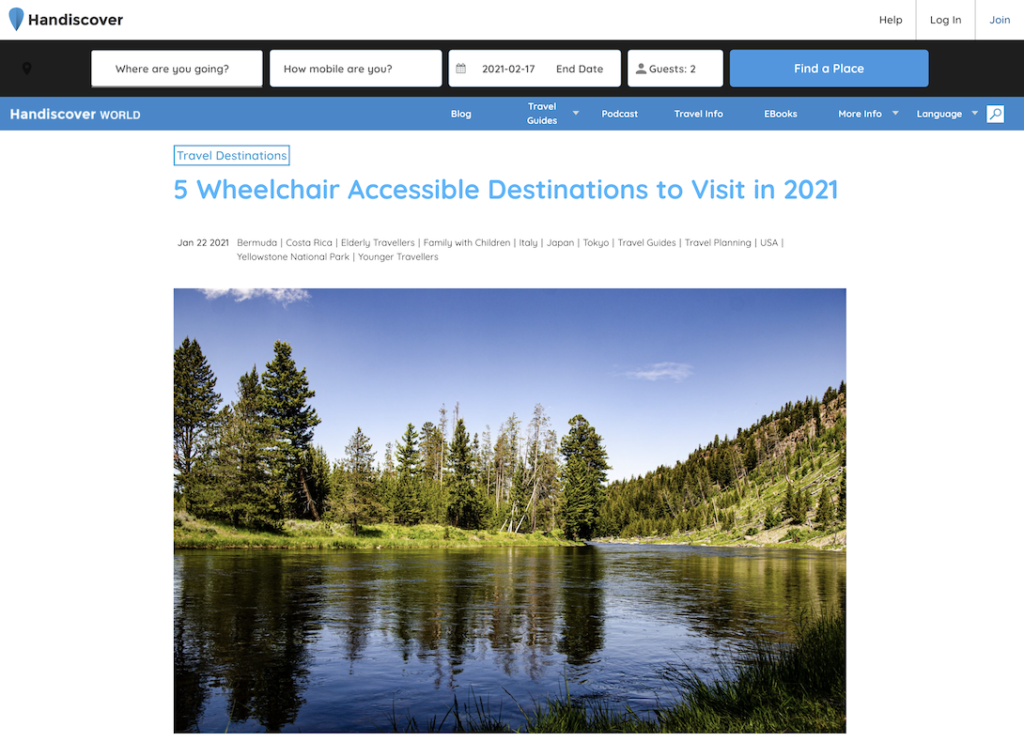
What are your personal wishes or hopes for the future?
First of all, see the Covid19 crisis being solved, hopefully by the vaccine. We would all love to restart enjoying travel again. Hopefully also in a more sustainable way so we don’t destroy our planet. But more related to disability.
I really hope that businesses and destinations soon understand that there is a great business potential to be grasped and that much can be done without massive investments, most of the time. And also realise that most of the improvements that are made can also be very much appreciated by the general public.
Don’t miss our guide about how to become an accessible and sustainable destination!
